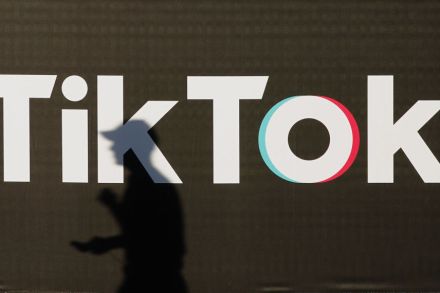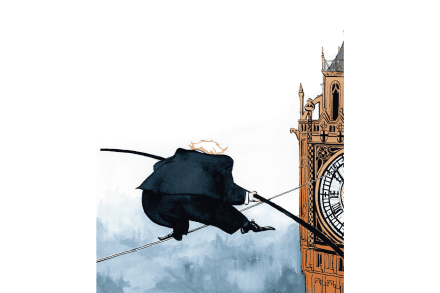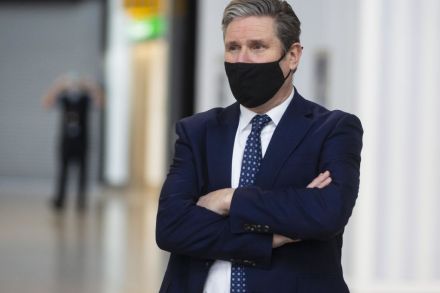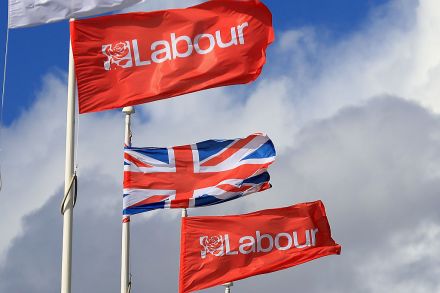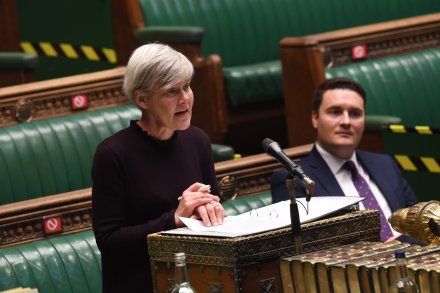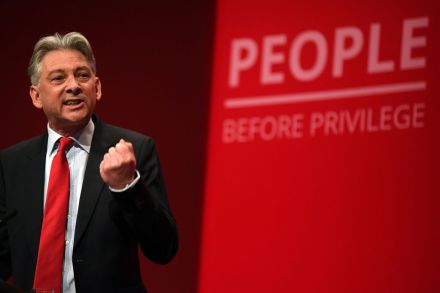Labour’s TikTok paranoia
As if the Labour party didn’t have enough to worry about with its withering opinion poll ratings, yesterday’s Times reveals that party officials are warning MPs of another potential danger: malicious TikTok parodies. The paper reports that Sir Keir himself is one of several Labour MPs whose names have been used by hard-left TikTok pranksters keen to cause trouble for the party’s Leadership. One user is apparently impersonating a shadow cabinet minister while using the antifa-linked slogan ACAB (all cops are bastards). Labour is now apparently lobbying the Chinese-owned video giant to remove the false accounts to avoid confusion. Well, quelle surprise really. For all its runaway viral success (with some
